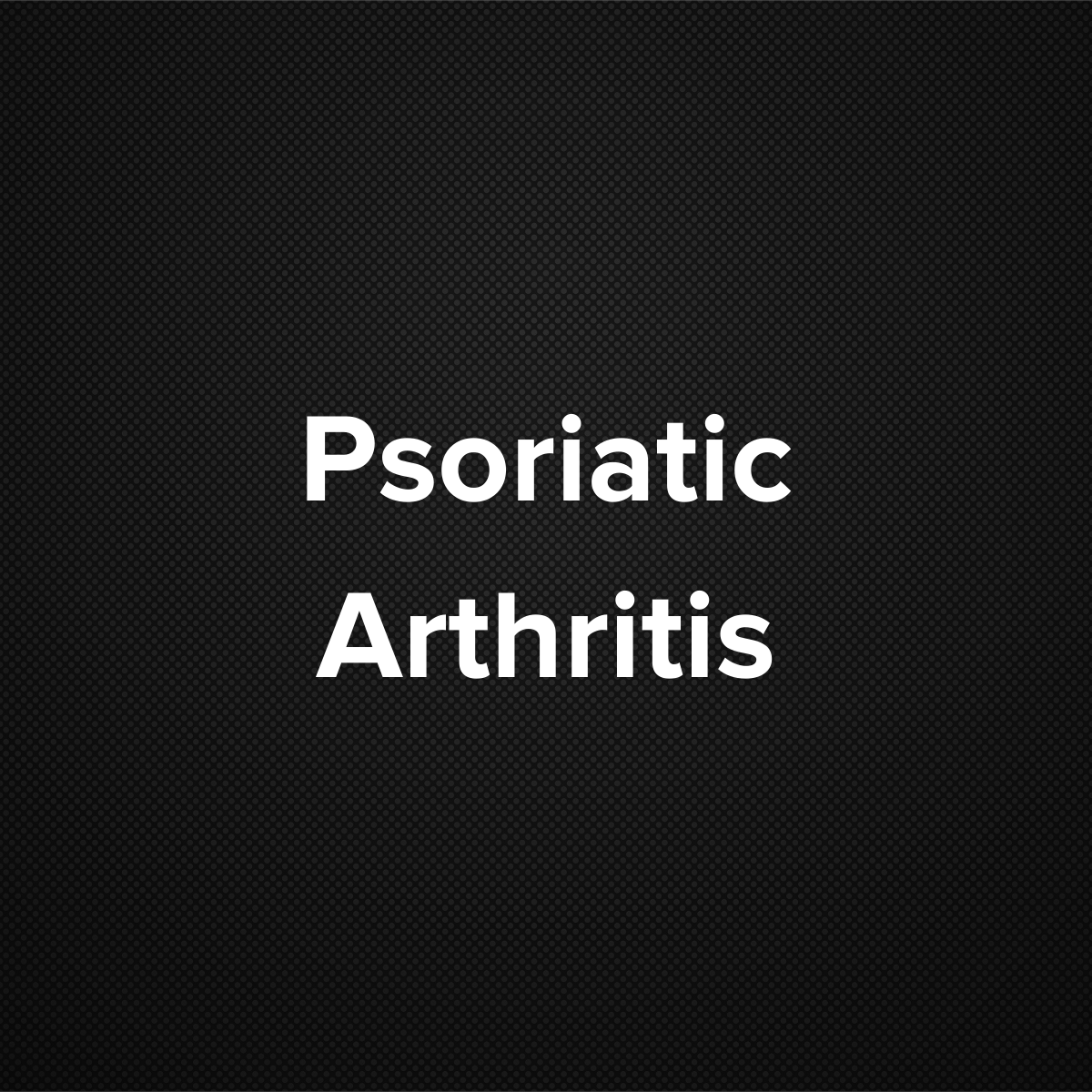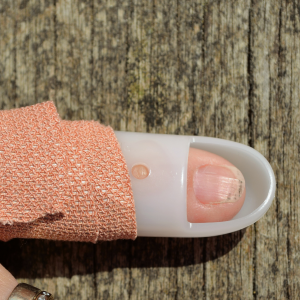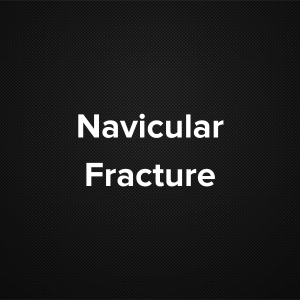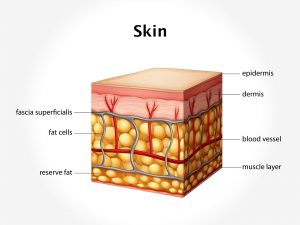Causes and risk factors:
Psoriatic arthritis develops in an individual who is suffering from psoriasis. The exact cause of psoriatic arthritis is not known. It is an autoimmune disorder where the immune system of the body itself attacks the tissues and affects the synovial (Covering of the joints) and cartilages. Certain genetic and environmental factors also play a role in development of the disease. Any infection can also trigger psoriatic arthritis.
Clinical presentations:
Symptoms develop gradually. The most common joints affected are knee, wrist and small joints of fingers. Pain in joint; swelling and stiffness are the prominent features. Pain may vary from person to person. It can be mild or severe. Difficulty in movement like walking, standing, sitting is experienced by the patient. Muscle weakness, malaise and tenderness are also present. Like psoriasis, psoriatic arthritis is also characterized by flare up episodes.
Diagnosis and investigations:
Diagnosis is done on the basis of the symptoms narrated by the patient and the physical examination carried out by the rheumatologist by excluding the other types of arthritis. Certain investigations which can be done are X-ray, MRI or CT scan of the affected joint. Routine blood test and a profile of specialized blood test are done to categories the type of arthritis.
Treatment:
Non steroidal anti inflammatory drugs (NSAID), steroids and pain relieving drugs are prescribed. Immunosuppressant’s or immunomodulators,anti rheumatic drugs can also be prescribed. In severe cases corticosteroid injections and topical pain relieving gels and lubricants are advised. Patients who are not responding to medications are treated with surgical intervention.
Other modes of treatment:
The other modes of treatment can also be effective in treating the diseases. Homoeopathy is a science which deals with individualization and considers a person in a holistic way. This science can be helpful in combating the symptoms. The Ayurvedic system of medicine which uses herbs and synthetic derivates can also be beneficial in combating the complaints.
Recent update:
Arthritis Care & Research, a journal of the American College of Rheumatology stated that a high prevalence of vitamin D insufficiency and deficiency is seen among patients with psoriatic arthritis.
























